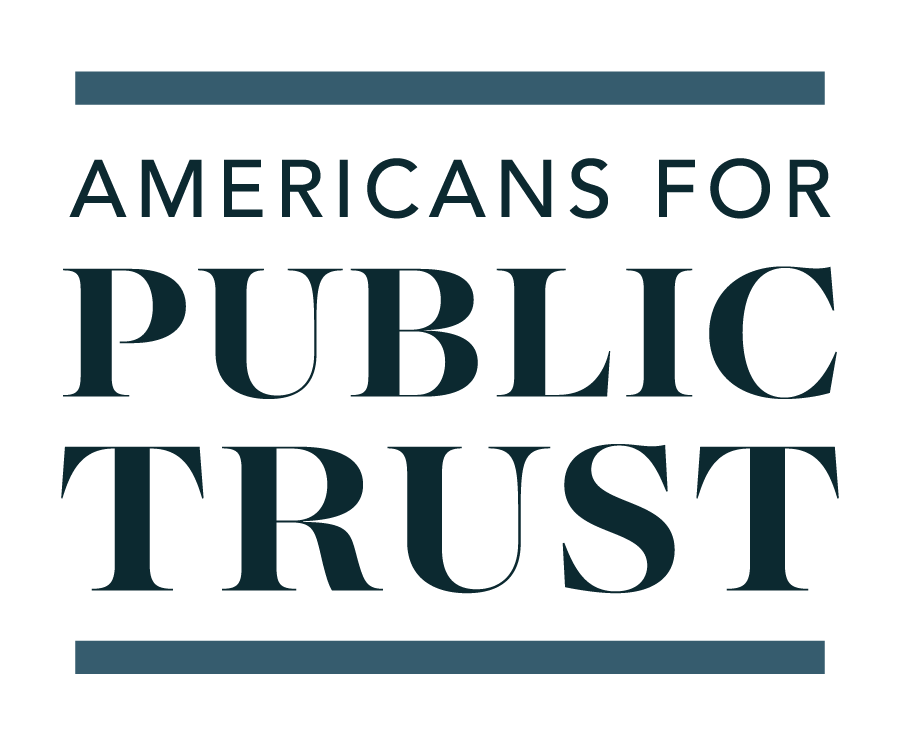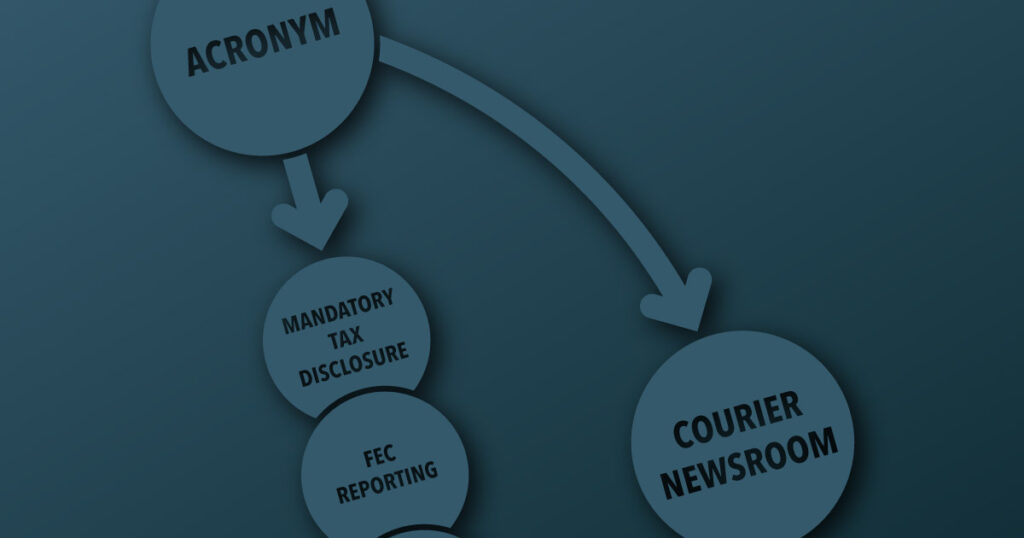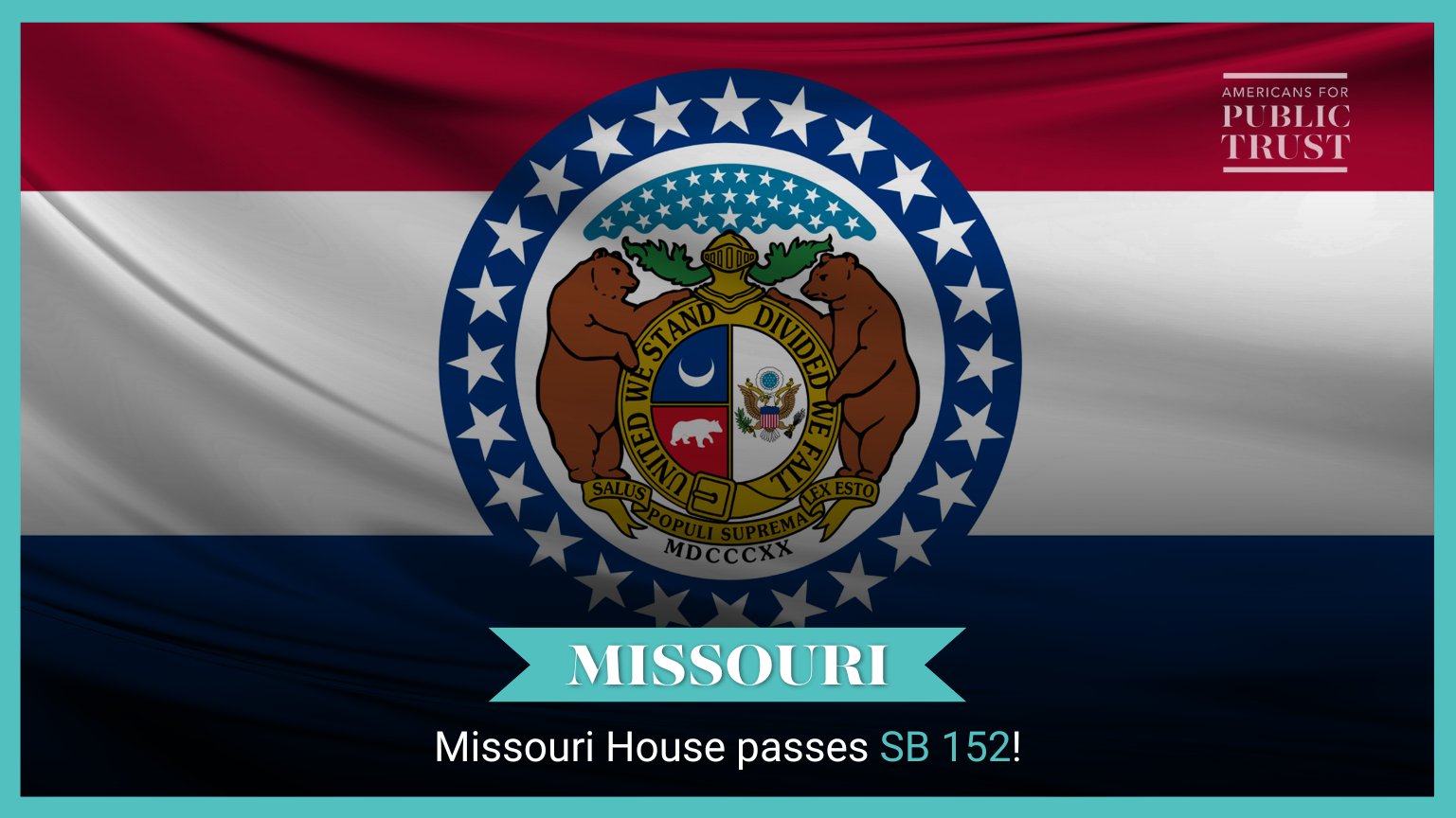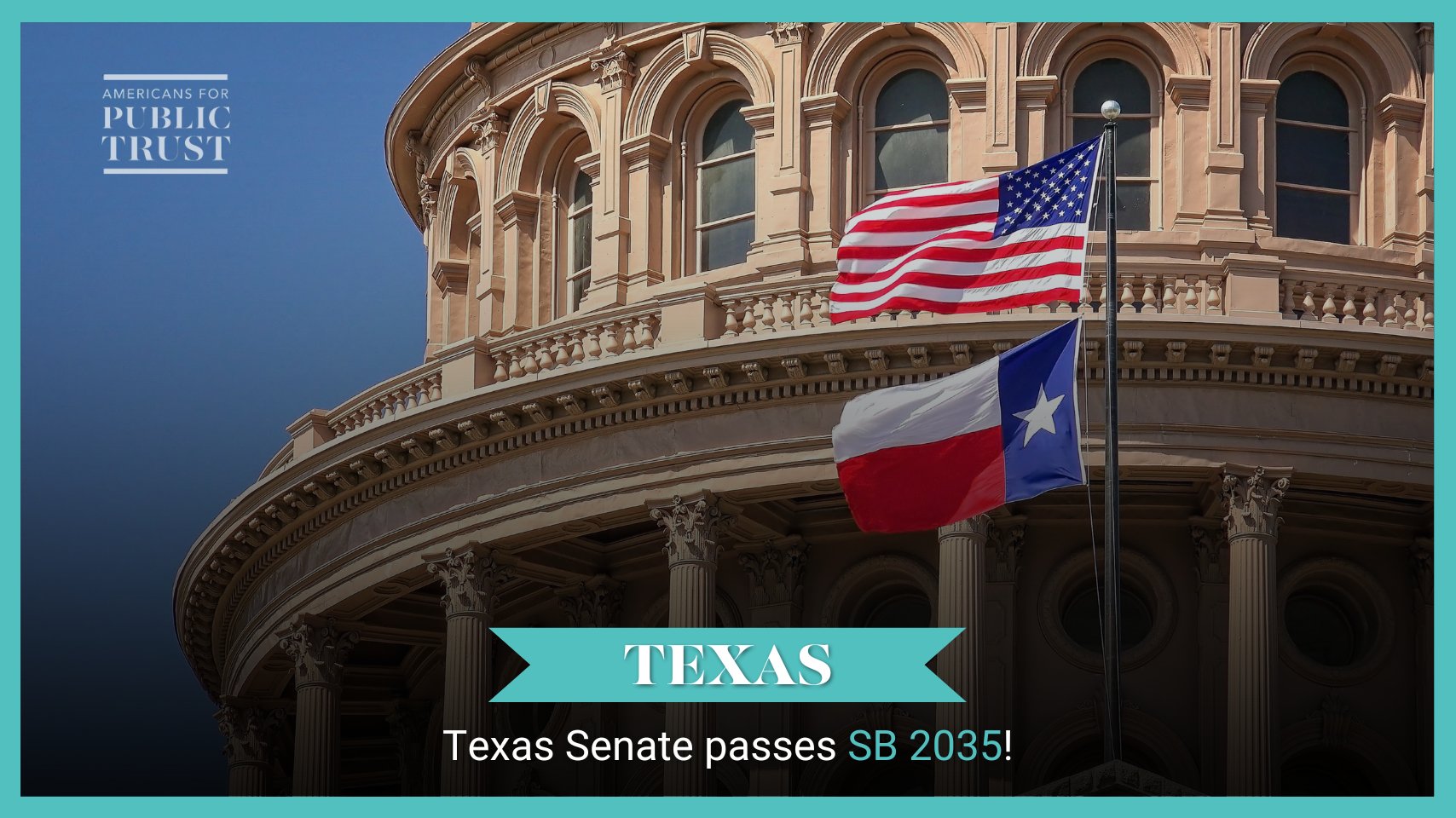As you scroll through your Twitter and Facebook, you might see articles published by Courier Newsroom. At first, they look like traditional hometown newspapers, but actually, they are political instruments designed to get you to vote for Democrats. Courier Newsroom, a project of the dark money group Acronym, has rolled out digital newspapers in six key swing states “to fill the news deserts, deliver the facts favorable to Democrats.”
Acronym founder and Democrat strategist, Tara McGowan, said she designed Courier Newsroom in response to the large digital ad spending by the RNC and the Trump campaign. So if Courier Newsroom is attempting to the use the same targeted spending to influence elections, why aren’t they following the same requirements as the organizations she is trying to mimic? Because party committees and campaigns are bound by public reporting requirements and hamstrung in their ability to target specific audiences online.
Why would Acronym establish Courier Newsroom?
Acronym, a 501(c)(4) “social welfare” organization that owns Courier Newsroom, is required to abide by rules–like making their tax return publicly available and facing restrictions on targeting political ads online. Courier Newsroom, as a for-profit media company, is not bound by these same rules.
For starters, Acronym must file a mandatory tax disclosure with the IRS that reveals top employees’ salaries and payments to independent contractors. Acronym would also be compelled to file reports with the FEC, the governing body for federal elections, for any paid political advocacy messages. Courier Newsroom does not. Courier Newsroom also does not have to report any spending to the FEC and is not bound by their rules regarding donor disclosure. Additionally, companies, such as Google, have imposed tight restrictions on micro-targting political ads. However, McGowan has publicly acknowledged that Courier Newsroom is able to skirt these restrictions as a for-profit media company. Therefore, Courier Newsroom is not hamstrung by social media policies that could restrict Acronym’s digital ads.
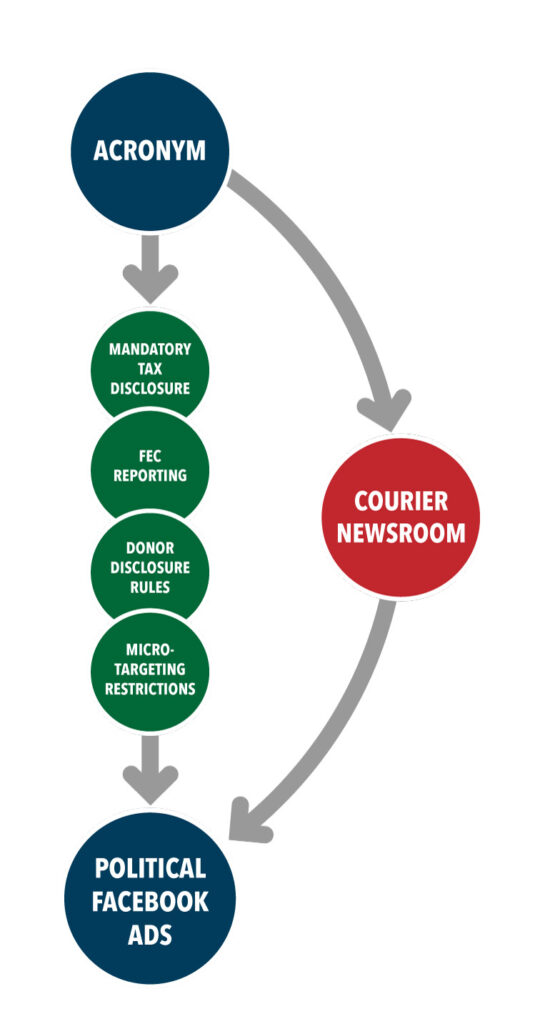
How could Courier Newsroom spend millions on political ads and not report it?
As a for-profit media company, Courier Newsroom is exempt from rules that govern political groups. This relies entirely on the press exemption despite the fact that Courier Newsroom has no hallmarks of a legitimate media organization. Instead, Courier Newsroom intentionally blurs the lines between a legitimate news organization and a political organization. The media exemption was never intended to cover a sham news outlet that runs Facebook ads to back vulnerable freshman democrats.
Why is this spending significant?
Acronym’s Courier Newsroom holds itself out as a for-profit news outlet, but their activities and spending are no different than political entities regulated by the FEC and IRS. Even worse, they are now joining the ranks of a network of dark money groups that are politicizing the coronavirus pandemic by running coronavirus-specific ads in support of freshman Representatives Lauren Underwood, Tom Malinowski, Harley Rouda, Max Rose, Gil Cisneros, Cindy Axne, Andy Kim, and Anthony Brindisi. But what won’t you see from Courier Newsroom? Any tax disclosure, FEC reporting, donor disclosure, or restrictions on micro-targeting. The First Amendment indisputably protects freedom of the press but it does not provide a leg up to sham media outlets over the regulated political entities they oppose.
